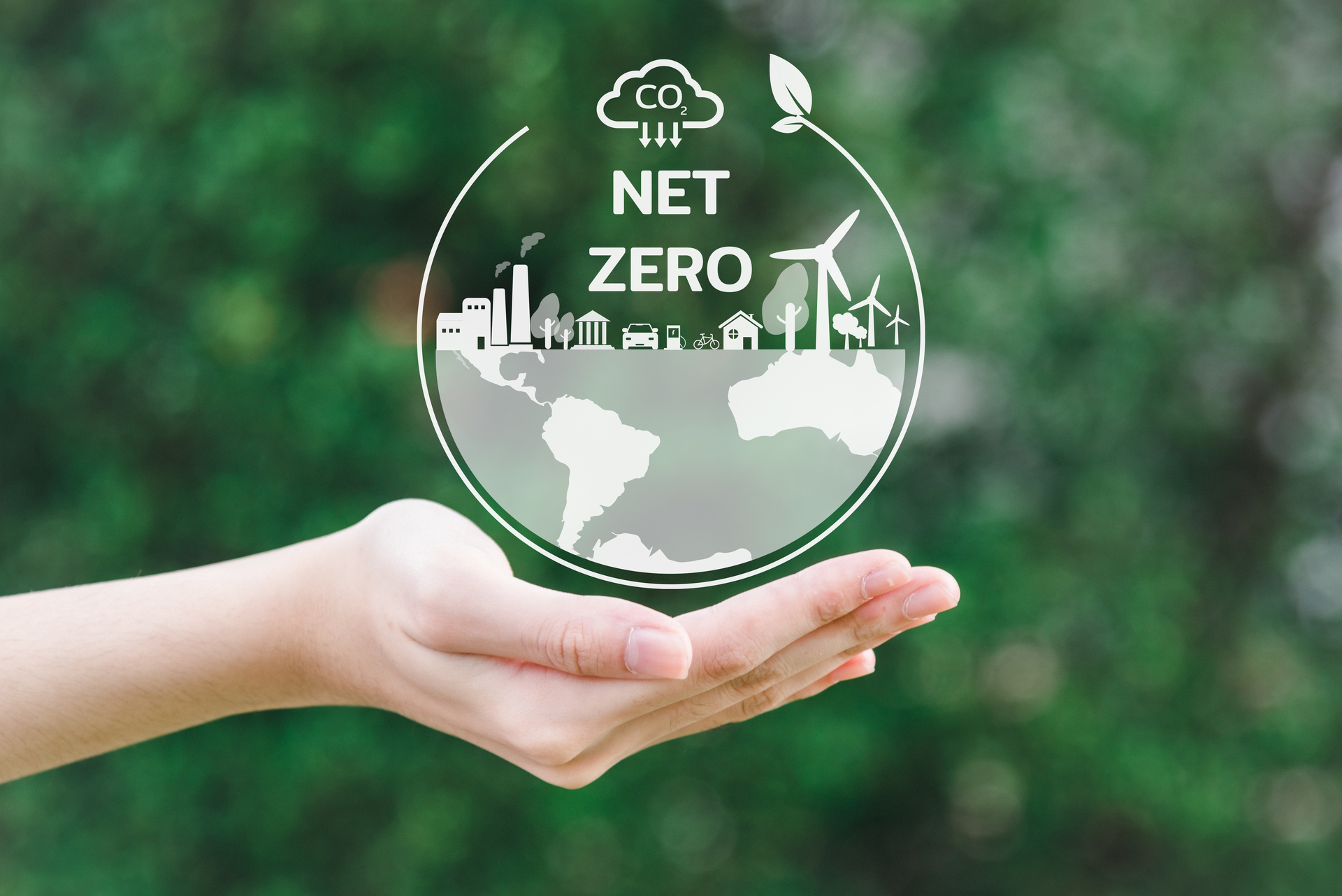
TheUnited States’ recent rejection of the International MaritimeOrganization’s (IMO) net-zero framework may be politically charged,but industry experts agree: the regulation will still reshape globalshipping.
According to Bimco, the world’s largest shipping association,the measure — expected to pass at the IMO’s Marine EnvironmentProtection Committee (MEPC) meeting this October — will bind allvessels engaged in international trade, regardless of US opposition.
The framework introduces progressively higher charges onshipping-related carbon emissions, with a key focus on reducing fuelintensity on a well-to-wake basis.
Only about 80 merchant vessels sail internationally under the USflag — a fraction of global trade. This means most US imports andexports are carried on foreign-flagged ships, which will still complywith IMO rules.
As Lars Robert Pedersen of Bimco explained, “Even if the USplaces reservations, the rule will apply… US-flag ships will alsobe required to comply if they trade internationally.”
While the White House has labeled the measure a “global carbon tax on Americans,” threatening retaliation against its supporters, the IMO emphasizes that the framework reflects a collective commitment from its member states to reduce shipping’s greenhouse gas emissions.
Some analysts, such as ING’s Rico Luman, caution that US non-participation could complicate global adoption — particularly if other countries fear trade retaliation. However, the regulation’s enforcement in 2027 means companies must begin preparing now to avoid compliance bottlenecks later.
For shippers and freight forwarders, the takeaway is clear: this is not just a shipping line issue. Carbon costs will flow through the supply chain, impacting freight rates, carrier selection, and sustainability reporting. Early collaboration with carriers on compliance strategies can help mitigate cost shocks and strengthen ESG performance.
Worldtop & Meta continues to monitor regulatory developments and advise clients on building resilient, compliant, and cost-efficient supply chains in the face of environmental regulation shifts.
Source:https://www.joc.com/article/us-rejection-of-imo-net-zero-framework-wont-change-outcome-bimco-6062545